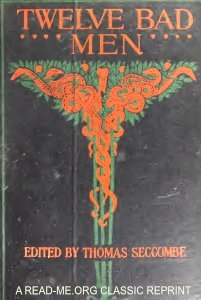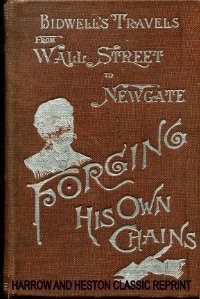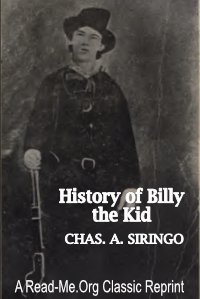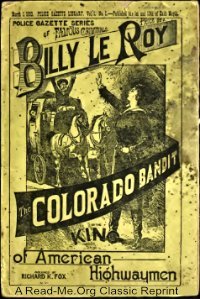By Moncure Daniel Conway
Dive into the captivating world of one of history's most influential figures with Moncure Conway's comprehensive biography, "The Life of Thomas Paine." Spanning two volumes, this meticulously researched work offers an in-depth look at the life, ideas, and legacy of Thomas Paine, the Anglo-American revolutionary whose writings inspired and shaped the course of history.
Volume 1 explores Paine's early life, his journey to America, and his pivotal role in the American Revolution. From the publication of "Common Sense" to his contributions as a soldier and secretary, readers will gain a profound understanding of Paine's impact on the fight for independence.
Volume 2 delves into Paine's later years, including his involvement in the French Revolution and his enduring influence on political thought. This volume also addresses the controversies and challenges Paine faced, providing a balanced and nuanced portrait of this complex figure.
Moncure Conway's narrative is not only informative but also engaging, making "The Life of Thomas Paine" a must-read for history enthusiasts, scholars, and anyone interested in the revolutionary ideas that continue to resonate today. Embark on a journey through the life of a true revolutionary and discover the enduring power of Thomas Paine's words and deeds. This version contains an explanatory introduction by Colin Heston and details of the earlier publications of the works.
First published in 1893. Current version Read-Me.Org 2025. 464p.

















